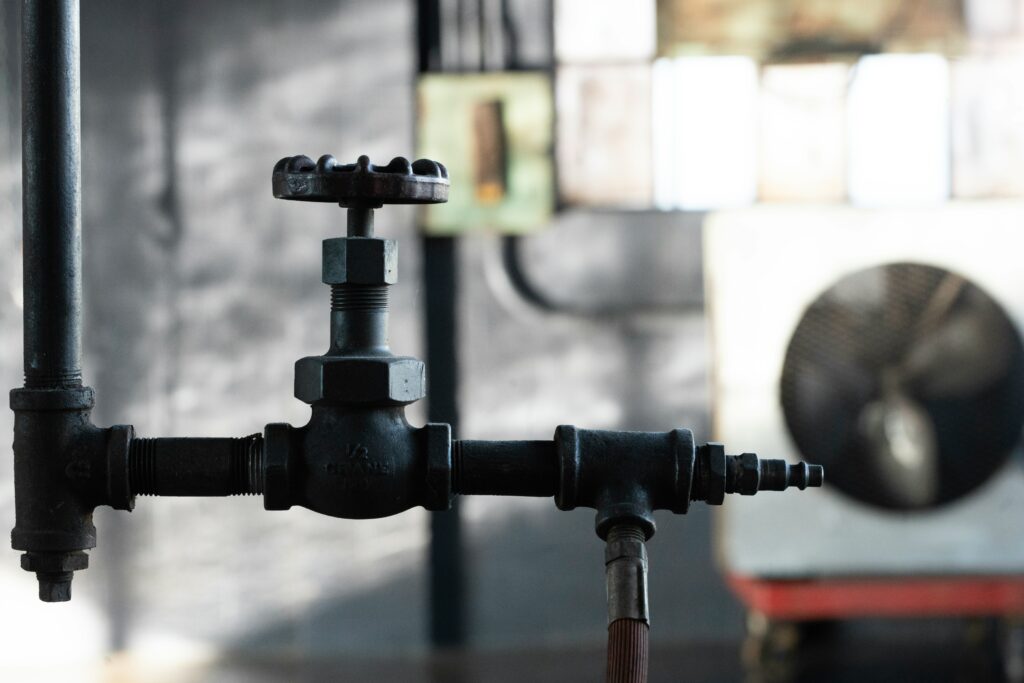
Attempting DIY plumbing projects may seem like an affordable option, but many homeowners end up spending more in the long run due to mistakes. Hiring a plumber from the start is generally the better choice to ensure that all repairs are made correctly.
One common mistake is forgetting to turn off the water supply, which can lead to a flood and costly damage. Other errors include mixing up fittings and using improper tools.
Cost-effectiveness
One of the biggest disadvantages of DIY plumbing is that it can be much more expensive in the long run than hiring a professional plumber. Even small mistakes can cost you a fortune in terms of money and time spent on plumbing repairs or replacements.
Many people undertake DIY plumbing projects to save money, but they often end up spending more in the long run. For example, if you don’t have the proper tools to complete your plumbing project, it could cost you more in the long run when you need to buy new tools. Additionally, if you make a mistake during your DIY plumbing project, it can cause significant damage to your home or property. This can lead to expensive repairs and may even invalidate any warranties on your appliances.
Furthermore, if you’re not familiar with plumbing, it can be difficult to know when you need help from a professional. For example, a simple drain clog can turn into a major disaster if not addressed promptly. A professional plumber in Diamond Creek will be able to spot the root cause of your problem and recommend appropriate solutions. They can also help you avoid future problems by advising on preventive measures. For instance, they can identify underlying issues that contribute to drain clogs, such as tree roots or damaged pipes.
Safety
Plumbing work can be dangerous if you’re not familiar with it. From working with sharp tools to handling chemicals, there are numerous safety concerns associated with DIY plumbing. Professional plumber Eltham undergoes extensive training and uses specialized tools to perform their work safely. Attempting to tackle plumbing projects without proper knowledge and skills can lead to injuries that could put you in the hospital. In addition, improper plumbing work can violate local building codes and may result in costly repairs.
In addition to water damage, a poorly executed DIY plumbing project can also lead to mildew and mold growth. These contaminants are gross and unhealthy to breathe in, and they can affect your home’s air quality. Moreover, they can be difficult and expensive to remove and may require the replacement of your flooring, walls, and appliances.
One of the most common mistakes that homeowners make when tackling DIY plumbing is forgetting to turn off the water supply before beginning the job. Inadequately turning off the water supply can lead to flooding and serious water damage that requires expensive repair and restoration services. Another common mistake is tightening plumbing connections too much, which can cause leaks. This can also damage the fittings and cause more problems down the road. This can result in recurring issues that will require even more money to fix.
Time
It takes a considerable amount of time to complete DIY plumbing projects. You need to learn new skills, research possible solutions, and gather the necessary tools and supplies. All these things can take away from your productivity and disrupt your daily routine. In addition, many DIY plumbing tasks involve exposure to chemicals and hazardous materials. This can pose serious health and safety risks. Hiring a professional plumber eliminates this risk and saves you a lot of time.
Some DIY plumbing tasks are simple and can be done without the help of a professional, such as replacing a shower head or unclogging a drain. However, more complex repairs require the expertise of a licensed plumber, such as repiping or installing a new toilet. In addition, certain plumbing tasks require a permit and must be completed with the proper safety precautions. Failure to follow these steps can result in injuries or further damage to your home’s plumbing system.
Many people attempt DIY plumbing projects to save money on labor costs and gain a sense of accomplishment. However, it’s important to understand the risks associated with DIY plumbing and realize that it can cost you more in the long run. By learning from your mistakes and relying on a professional plumber, you can avoid costly repairs in the future. In addition, you can save your sanity and prevent a small problem from becoming a major disaster.
Knowledge
Plumbing is a complicated task, and if you don’t have the proper knowledge, it can lead to expensive mistakes. These errors can result in clogged drains, leaks, and other issues that require professional help to resolve. In addition, making mistakes can also cost you in the form of higher insurance premiums.
Many DIY plumbers are attempting to save money by taking on the project themselves, but they often find that their efforts can end up costing them more in the long run. This is because they often spend time and money on tools and materials that are not necessary for the job at hand. They also waste gallons of water, which could be used by people around the world who do not have access to clean drinking water.
Besides that, other factors should be taken into consideration before deciding to take on DIY plumbing projects. These include lack of expertise, the time commitment required, unforeseen complications, and safety risks. Plumbers are trained to deal with these challenges, and they can handle the job safely. In contrast, non-plumbers may be susceptible to injury due to mishandling of tools or insufficient protection. This can include eye injuries, chemical burns, and even lung problems. Additionally, improper handling of electrical components may pose serious safety hazards. In some cases, these hazards can cause significant damage to the property.